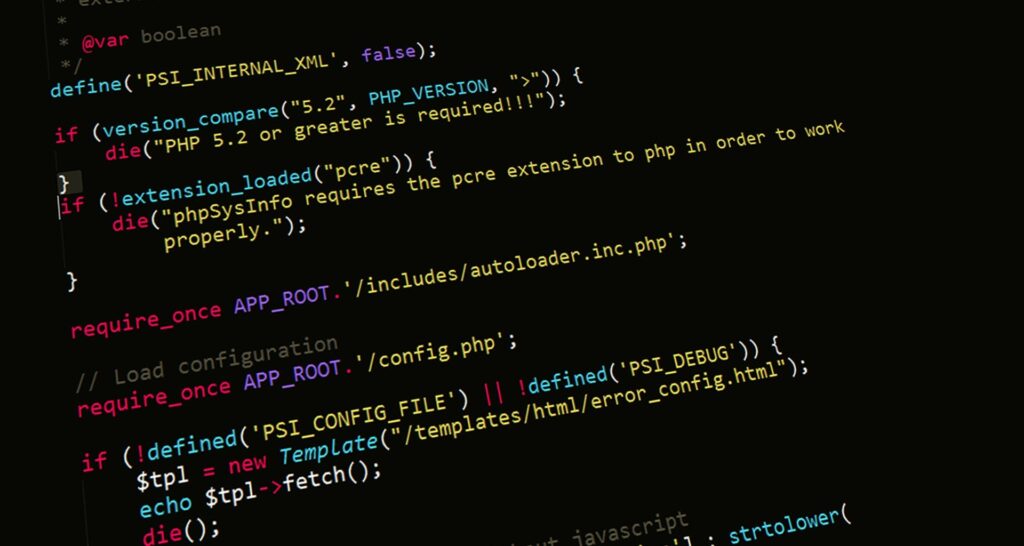Launch Virtual Academy provides programs of study that involve a multiyear sequence of courses that integrate core academic knowledge with technical and occupational knowledge to provide students with a pathway to postsecondary education and careers. Students must complete one Intro and one Capstone course to be recognized as a CTE Pathway Completer upon graduation. Unless otherwise specified, all CTE classes at Launch Virtual Academy are on the University of California (UC) A-G approved list. Courses market with * are articulated with Southwestern Community College which can provide college credit opportunities.
Game Design & Integration Pathway
Game Design & Integration classes are part of the Arts, Media & Entertainment industry sector. Classes in this pathway provide an opportunity for students to immerse themselves in the world of video game design and development. Students will explore conceptual and technical aspects of contemporary video game creation using various digital platforms and software for practice and skill-building in the field of game development. The curriculum will be focusing on game design theory, the major aspects of game creation including programming, art, production and design, and exploration of the conceptual and technical implementation of elements within those domains.

Intro Course:
Video Game Art/Design I*
Capstone Course:
CTE Video Game Art/Design II*
Design, Visual, & Media Arts Pathway
Design, Visual, and Media Arts art classes are part of the Arts Media & Entertainment industry sector. Students taking courses in the Design, Visual, and Media Arts develop skills in computer and print media, design, photography, video production, lighting and sound. Students will use industry-standard software to create projects that will be printed in traditional and digital formats and included in a student’s employment portfolio. Students will also explore career options within this rapidly expanding industry sector.

Intro Courses:
• CTE Multimedia Production*
• CTE Photography Digital*
Capstone Courses:
• CTE TV Film and Digital Media*
• CTE Photography Digital Advanced*
Business Management Pathway
Business Management classes are part of the Business and Finance industry sector. These classes introduce computing fundamentals, living online, and key applications. Students learn the importance of Internet use, the World Wide Web, websites and browsing applications. These courses help build the next generation of business leaders by developing their communication skills, collaboration, critical thinking, and leadership skills. Students in this career pathway can seek entry-level IT positions in private businesses, government organizations and school districts. After acquiring the business essential skills, they may also choose to work for themselves.

Intro Courses:
• Computer Fundamentals*
• CTE Business Computer
Capstone Course:
CTE Business Technology*
Information Support Services Pathway
Information Support Services classes are part of the Information, Communication & Technologies (ICT) industry sector which introduces computer science, coding, STEM careers, as well as careers in teaching and education. Students learn through action while supporting others and completing projects that demonstrate their learning. This supports every school’s technology integration goal and helps to build the next generation of technology leaders by developing their communication skills, collaboration, critical thinking, and leadership skills. Students in the ICT career pathway can seek entry-level IT positions in private businesses, government organizations and school districts. After acquiring the ICT essential skills, they may also choose to work for themselves.

Intro Courses:
CTE Informational Technology Assistant*
Capstone Course:
CTE IT Essentials*
Software and Systems Development Pathway
Software and Systems Development courses are part of the Information, Communication & Technologies (ICT) industry sector. Courses in this pathway introduce students to the foundational concepts of computer science and cybersecurity. These courses are designed to be rigorous, engaging, and provide an approachable curriculum that explores many of the foundational ideas of computing. Created by the National Institute of Standards and Technology (NIST), this framework identifies standards that have been developed by numerous academic, industry, and government organizations such as the National Cybersecurity Workforce Framework (also known as the NICE Framework or NCWF), College Board, and the Computer Science Teachers Association (CSTA).

Intro Course:
PLTW Computer Science Principles*
Capstone Course:
PLTW Cybersecurity*
Public Safety Pathway
Public service professions offer many career opportunities, including the following career pathways: Public Safety, Emergency Response, and Legal Practices. Standards in this sector are designed to prepare students for technical training, postsecondary education, and entry-level employment. Careers
in public service are unique because they center on challenging issues that define the public agenda and involve the provision of vital services to the public—from local to international levels.

Intro Course:
CTE Legal Systems
Capstone Course:
CTE Foundations of Legal Practices*
Unless otherwise specified, all classes are on the University of California (UC) A-G approved list
Classes marked * are articulated with Southwestern Community College

